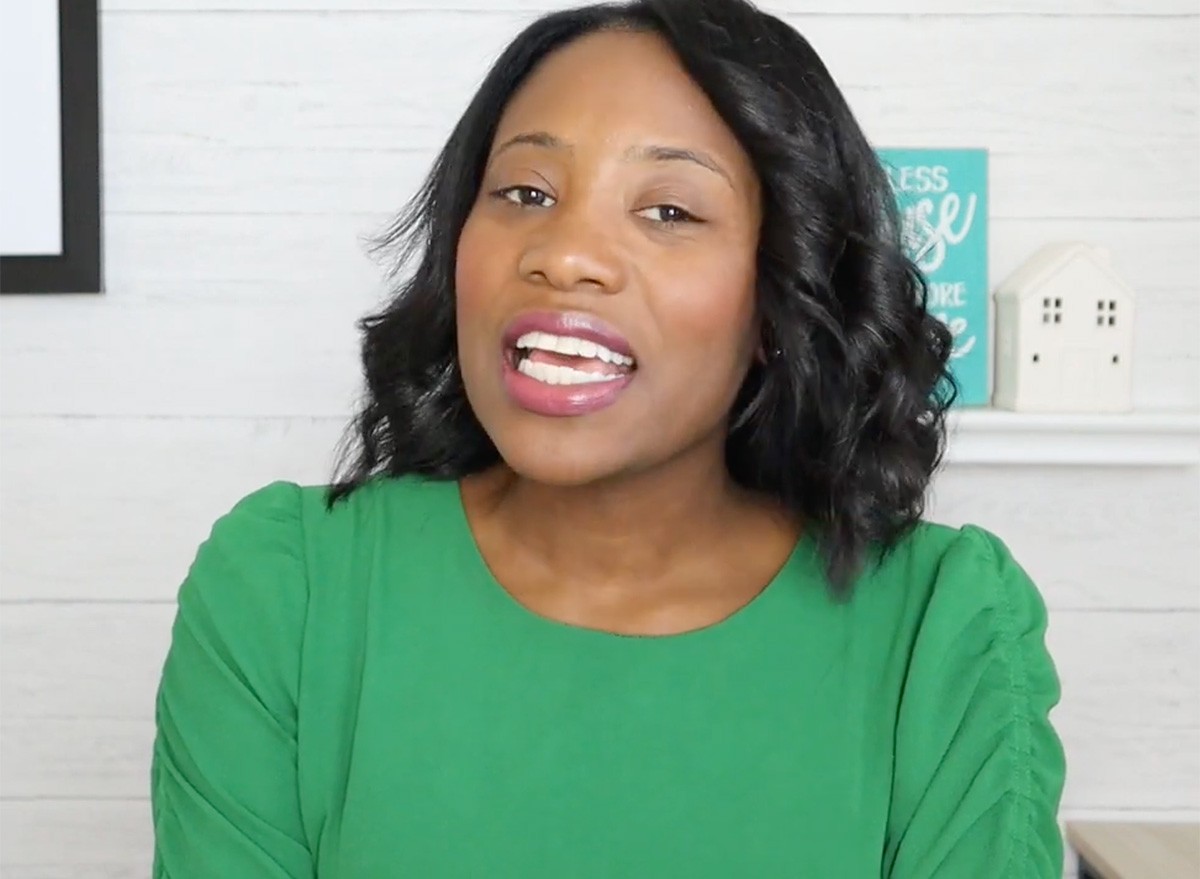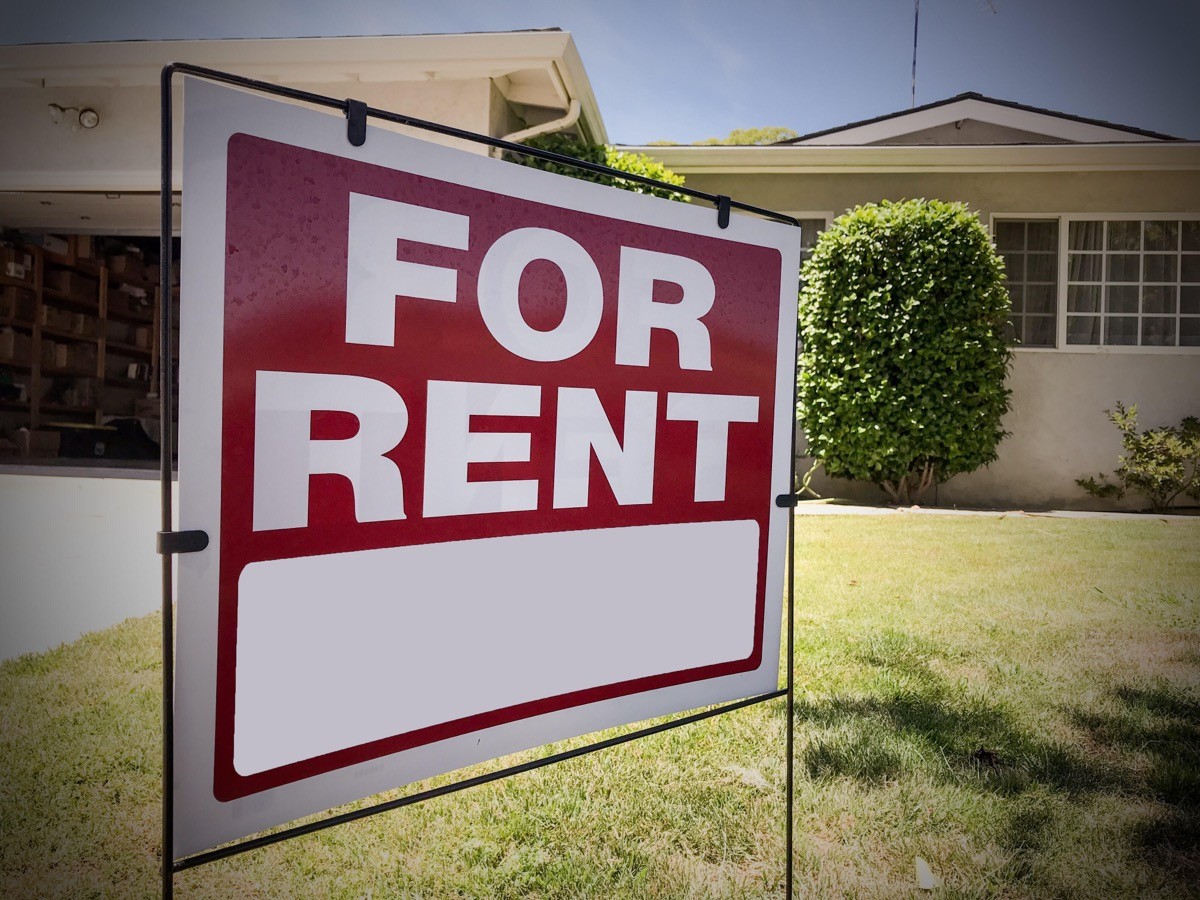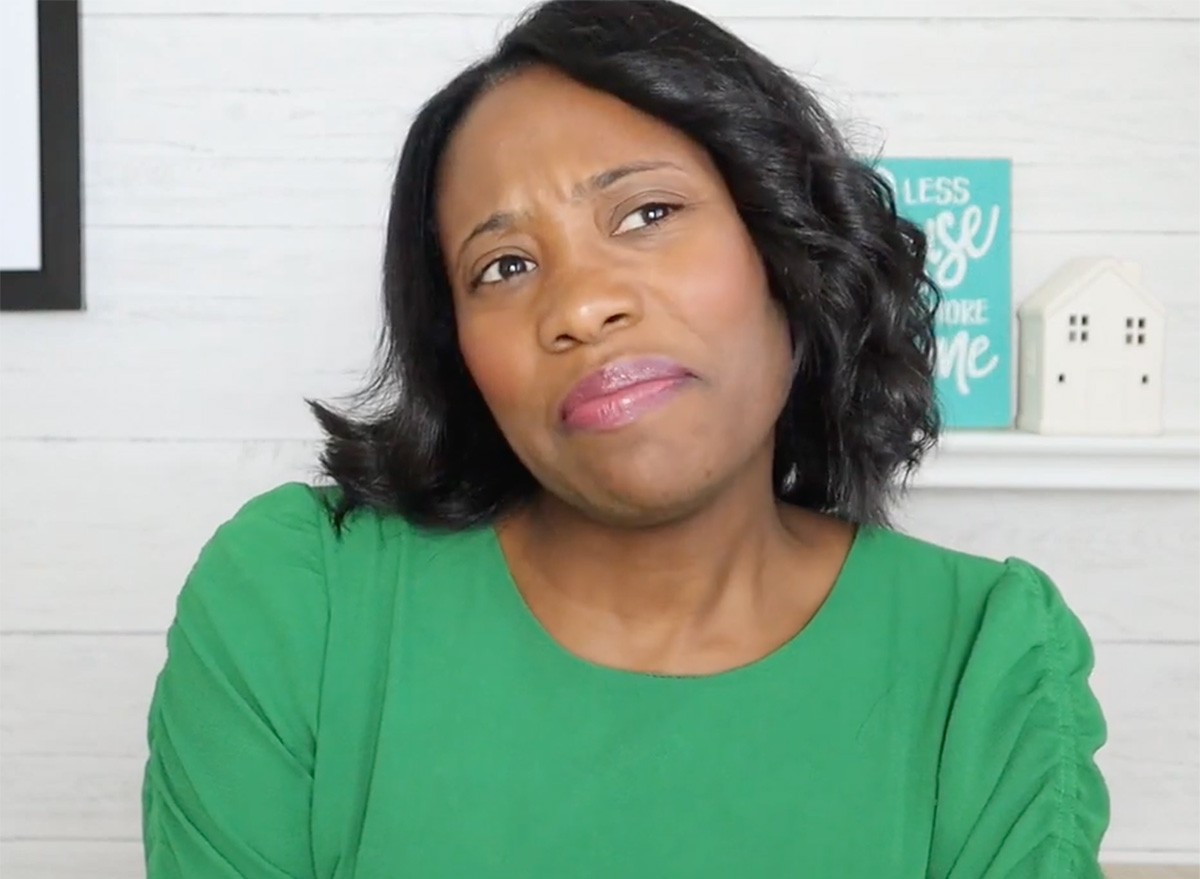11 Secrets Real Estate Agents Don’t Want You to Know

Buying or selling a home can seem overwhelming for a layperson—there are so many things that can go wrong, and let’s not forget how expensive the process is. Realtor Shaheeda Hill knows first-hand how many people have no idea about what’s going on behind the scenes when it comes to using an agent. “Homeownership and Investing are key components to wealth building and too many people sit on the sidelines, because they don’t understand just how easy it can be,” she says in one of her useful videos, which you can see here. “I’m going to share with you some secrets that your agent doesn’t want you to know, and maybe they don’t care that you know, but they’re not going to shout it from the rooftops.” Here are 11 things Hill says every homeowner should know.
RELATED: 10 Most Affordable U.S. Cities to Buy a House.
1
Home Buyer Rebate

Agents can rebate their commissions, Hill says. “That means basically they could credit you some of their commission, maybe for your closing costs. They may do it to save a deal. They may do it because of marketing. Some people do it with their family and friends if they want to give them a little bit of help in the closing and the home buying process so they don’t have to spend as much money at closing. I’ve done it to save deals and I’ve done it for family and friends.”
2
Agents Vs Brokers

Hill says many people don’t know the difference between an agent and a broker. “Agents have to be supervised by brokers,” she says in the video. “And so if your agent is doing something that you don’t agree with or something that you want to complain about, they’re really supervised by that broker and you can reach out to that broker during your transaction to file a complaint, ask a question, that sort of thing.”
3
Part-Time Agents

If your agent is pushing the use of one company over another, they could be getting a referral fee. “Agents receive referral fees from vendors,” Hill says in the video. “Sometimes they may get a referral fee from home warranty companies. They may get referral fees from security companies. There’s a variety of companies that agents may get a referral fee from if you choose to use that vendor.”
4
Referral Fees

If your agent is pushing the use of one company over another, they could be getting a referral fee. “Agents receive referral fees from vendors,” Hill says in the video. “Sometimes they may get a referral fee from home warranty companies. They may get referral fees from security companies. There’s a variety of companies that agents may get a referral fee from if you choose to use that vendor.”
RELATED: 7 House Hunting Tips If You’re Over 60.
5
Firing an Agent

Firing an agent is straightforward providing they haven’t earned their commission. “If you’re under a buyer’s brokerage agreement with your agent and you’re not happy with the service and you want to move on to another agent, you can just send an email to say that you no longer would like to terminate your buyer’s brokerage agreement,” she says in the video. “It’s as simple as that. The only thing you need to be mindful of is did they already earn their commission? So if there’s a house that they showed you during the term of your buyer’s brokerage agreement, they could be entitled to commission and you don’t want to fire them after they get you under contract because then they’re definitely entitled to their commission.”
6
Avoid Neighborhoods With Too Many Renters

Hil advises avoiding neighborhoods with too many renters. “You want to make sure the majority of the neighborhood is really invested in the neighborhood,” she says. “They really care about the neighborhood. They want to keep it up because they know if they keep up the entire neighborhood, their home value will remain steady and will go up. When you have renters or too many renters, every neighborhood is going to have a few renters, but if you have too many renters, they generally don’t have, they’re not as invested as homeowners.”
7
FHA Eligible Homes

Some properties are not FHA eligible. “If you are looking for a townhome or condo, you may find that some of them, even if you are doing a conventional loan, are not FHA eligible or FHA approved,” Hill says in the video. “And generally speaking, FHA does not approve doing mortgages in areas where they feel like the financing of that condo hasn’t been kept up, or it may be behind on funds, or again, there’s too many renters in that particular condo or townhome.”
8
Homes With Slopes

It can be very hard to sell a home with sloping yards. “You’ll find this a lot of times in backyards,” Hill says in the video. “They may have a little bit of flat and then it slopes down, or they might have a little bit of flat backyard, then it slopes up. This is a real deterrent to people that want a yard. Even if you don’t really care about the yard, maybe you’re not an outside person, you want at least a little bit of a yard. And flat is best for the most part because people can do more with a flat yard than they can with a slope.”
RELATED: 30 Secrets Every First-Time Home Buyer Needs to Know.
9
Primary Suit Upstairs

Hill says to be cautious about properties where the primary suit is downstairs and the other bedrooms are upstairs. “These properties typically stay on the market longer than most because it is part of families buying properties,” she says in the video. “So say you’re a family, you’re buying property and you have children. A lot of families don’t want to be on one level and have the children on another level so it shortens the pool or it decreases the pool of buyers potentially, and that’s going to hurt your resale value.”
10
Senior communities

Hill says to be wary of retirement communities if there is a possibility your adult children will want to come home. “If you are looking for a senior community, and most of the time they start about 55 years and older, you want to make sure that you’re not going to lock yourself into something,” Hill says in the video. “Most of these senior communities will allow for someone of a certain age or younger than 55 and older to stay with you between 30 and 60 days a calendar year. Anything more than that is a violation of the covenants. Really read those covenants first and make sure you’re not going to be locked into something where your children may not have somewhere to come home to.”
11
Replacing Components

Hill says to check if home components have been replaced. “Homes that are 10 to 20 years old should have had all major components typically replaced between 10 and 20 years,” she says in the video. “So if you’re looking at homes that are 10 to 20 years old, you want to look and see what has already been replaced. Has the heating and air been replaced, has the roof been replaced, the water heater? If they have not been replaced, then more than likely if you’re buying a home that is between that age range, it may be working now, but you are going to have to replace those components.”